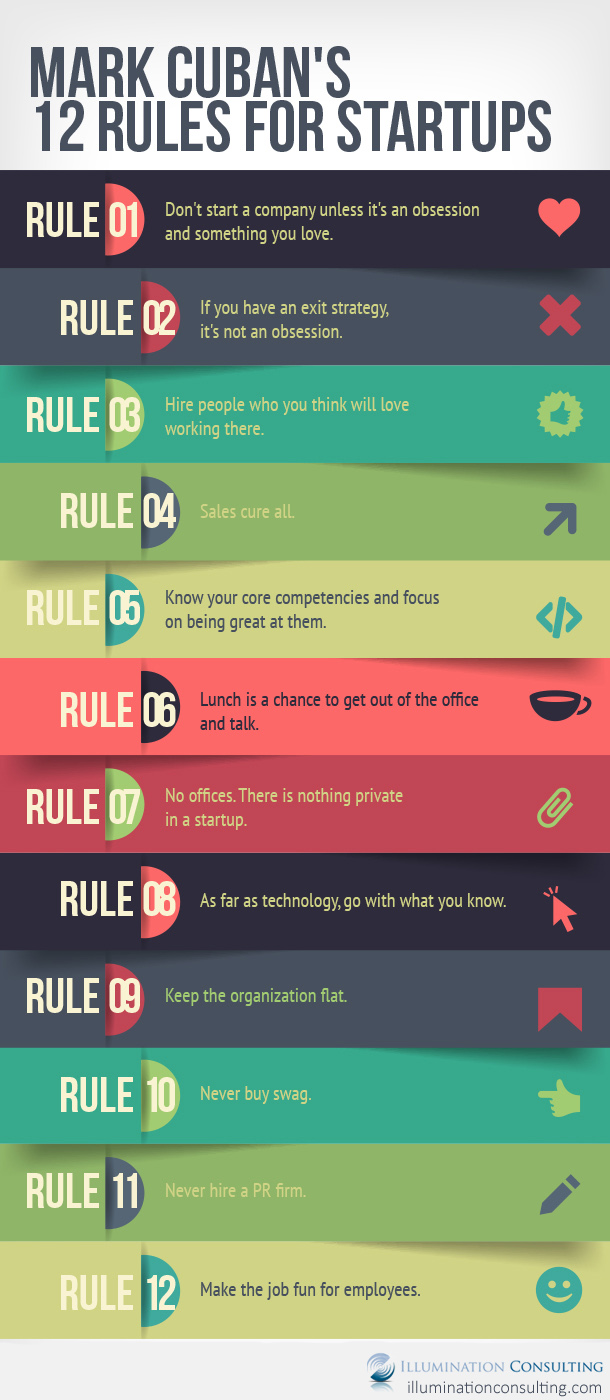In November, voters across the Commonwealth will have the option to cast their vote for or against four positions that could impact business across the state. Recently, the Worcester Regional Chamber of Commerce met to discuss each of these questions in detail and to develop a policy to assist its members with a better understanding of how their vote would impact the business environment in the community and beyond. The chamber ultimately took a negative position for each of the questions on the ballot, stating that the proposed initiates would be detrimental to business.
- In 2013, a law was passed tying the Massachusetts gas tax to the rate of inflation. This means the tax automatically adjusts every year without the legislature having to vote on it. This ballot question would repeal that automated yearly increase. The chamber noted that the additional gas tax will help fund needed infrastructure repairs throughout the state and are therefore against repealing the law.
- In 1983, Massachusetts instituted a 5-cent deposit on soda and beer bottles and cans. This question asks if that deposit requirement should be extended to include water, juice, and sports drink containers as well. The chamber stated that this proposed change would have a negative financial impact on bottlers, distributors and retailers who sell these drinks, and are therefore against the measure.
- In 2011, the Massachusetts legislature chose to allow casino gambling in Massachusetts. However, several citizens groups have come out strongly against legalized gambling and this question allows voters to express their opinion on the topic. While repealing the law may not impact Worcester, the chamber believes that the proposed initiative would limit job growth on a statewide scale.
- The fourth question involves a proposal to alter how businesses provide paid and unpaid sick time to their staff members. The measure would tie the number of sick days to the number of hours worked. The chamber believes that this proposal would limit a business’s flexibility to structure benefits as they need to.
The Worcester Regional Chamber of Commerce President and CEO Tim Murray drafted a letter to its members recently regarding the chamber’s position on each of these points. Both the executive committee and the public policy committee met to discuss the ballot questions in detail before the chamber created a comprehensive decision on the questions. The Chamber committees ultimately agreed that these initiatives would not benefit the business community in Worcester and that they may negatively impact their members.





